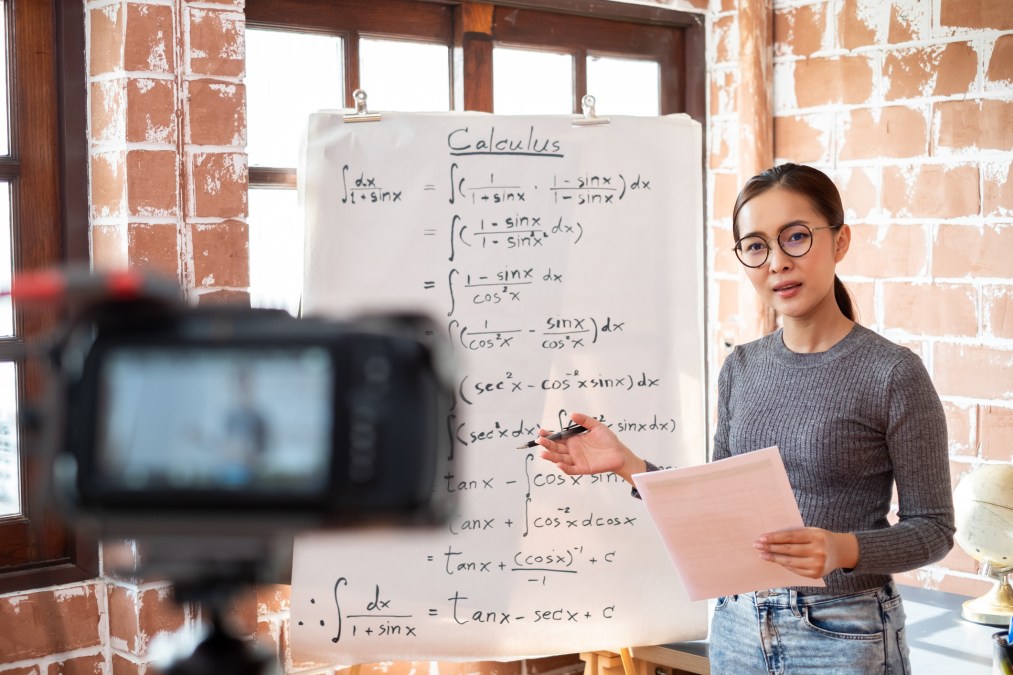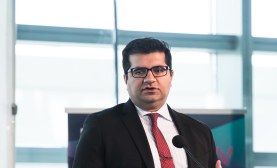New website for university faculty will explain remote-teaching tech

The University of Kansas, the University of Central Florida and the nonprofit Center for Applied Special Technology will launch a new technology support center for higher education faculty later this month.
The Center for Innovation, Design and Digital Learning will support higher education faculty as they continue to deliver instruction to students online during the pandemic and help universities and colleges better use digital tools as they invest in online instruction, the organizations announced last week. The virtual support center will house videos and articles explaining how to use a range of technologies, from creating an editable PDF to designing a website.
The resources will be organized by topic to help faculty find exactly what they are searching for and quickly receive the support they need, according to UCF.
“The three big aims of the center are to increase knowledge and awareness of education technology, to increase the capacity of faculty at institutions of higher education, and to sustain professional learning networks for technical assistance,” Eleazar Vasquez, a UCF professor and a leader of the new center, said in a press release.
The U.S. Department of Education awarded a five-year, $2.5 million grant to the universities and CAST to launch the center and help provide technical support to higher education faculty. The center will focus on making sure that resources remain available to faculty that can help them to improve their understanding of the best way to use technology in remote settings.
The support center will contain a broad swath of different types of resources for faculty at different skill levels of digital proficiency.
“The notion of comfort with technology is highly variable, especially in higher education,” Vasquez said. “We have faculty who have had to really merge with technology later in their career, and we have faculty who are coming up as digital natives.”
Faculty can also contribute to the website as content creators to help their faculty peers. The center plans to create a way for users to attain micro-credentials for what they’ve mastered, as well.
Over the next few weeks, the founding institutions said they’ll pre-populate the site with content and analyze how best to deliver resources and support to faculty as the center grows.




